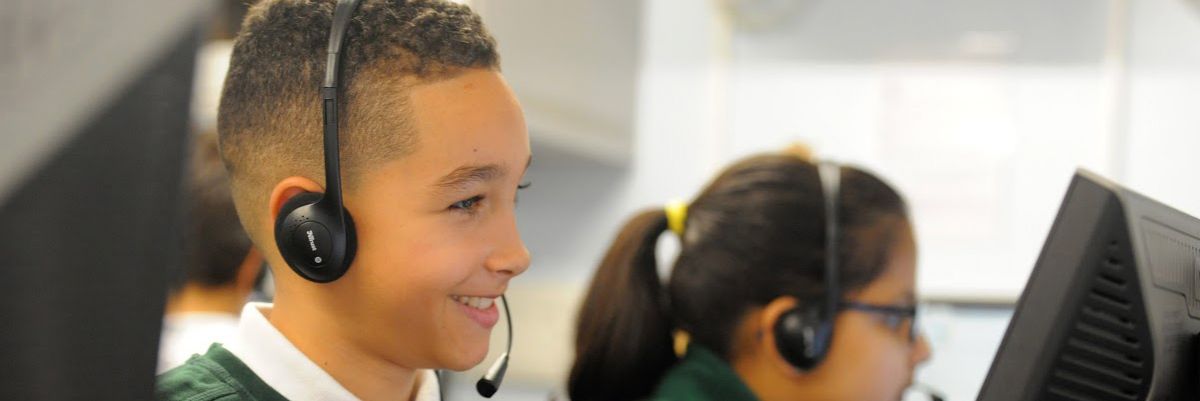
1. Borrowing (debt)
Taking out a loan which you agree to repay over a set period of time. Most debt investments are paid back with interest - a fee you pay to the investor for the use of their money.
E.g. an investor loans your organisation £10,000 and you repay a total of £11,000 at £229 per month over 4 years.
2. Shares (equity)
Selling shares in your organisation to an investor. Equity investors receive a share of any profits paid out by the organisation and get to have a say in how the organisation is run.
E.g. an investor pays £10,000 to own 10% of your organisation.
An investment that works like a mortgage on a house. An investor provides your organisation with a loan against an asset (often a building or equipment) as ‘collateral’. Alternatively, an organisation's parent company may offer its shares in the organisation as the collateral. You repay the loan on an agreed basis (e.g. regular monthly payments) usually with interest on top.
An investment that is not secured against an asset (a building or equipment). An investor provides your organisation with a loan and you repay it on an agreed basis, usually with an agreed amount of interest on top.
A tradable loan from a group of social investors to a charity or social enterprise over a fixed period of time with a fixed rate of interest. For example, if you issued a £2million bond over 5 years at 2% interest in 2017, you would pay the social investors £40,000 interest each year and repay the £2million in 2022.
A package of funding that is a mixture of investment, that needs to be repaid and a grant that doesn’t need to be repaid. For example, a grant of £20,000 alongside a loan of £50,000 that needs to be repaid over 5 years with 10% interest.
